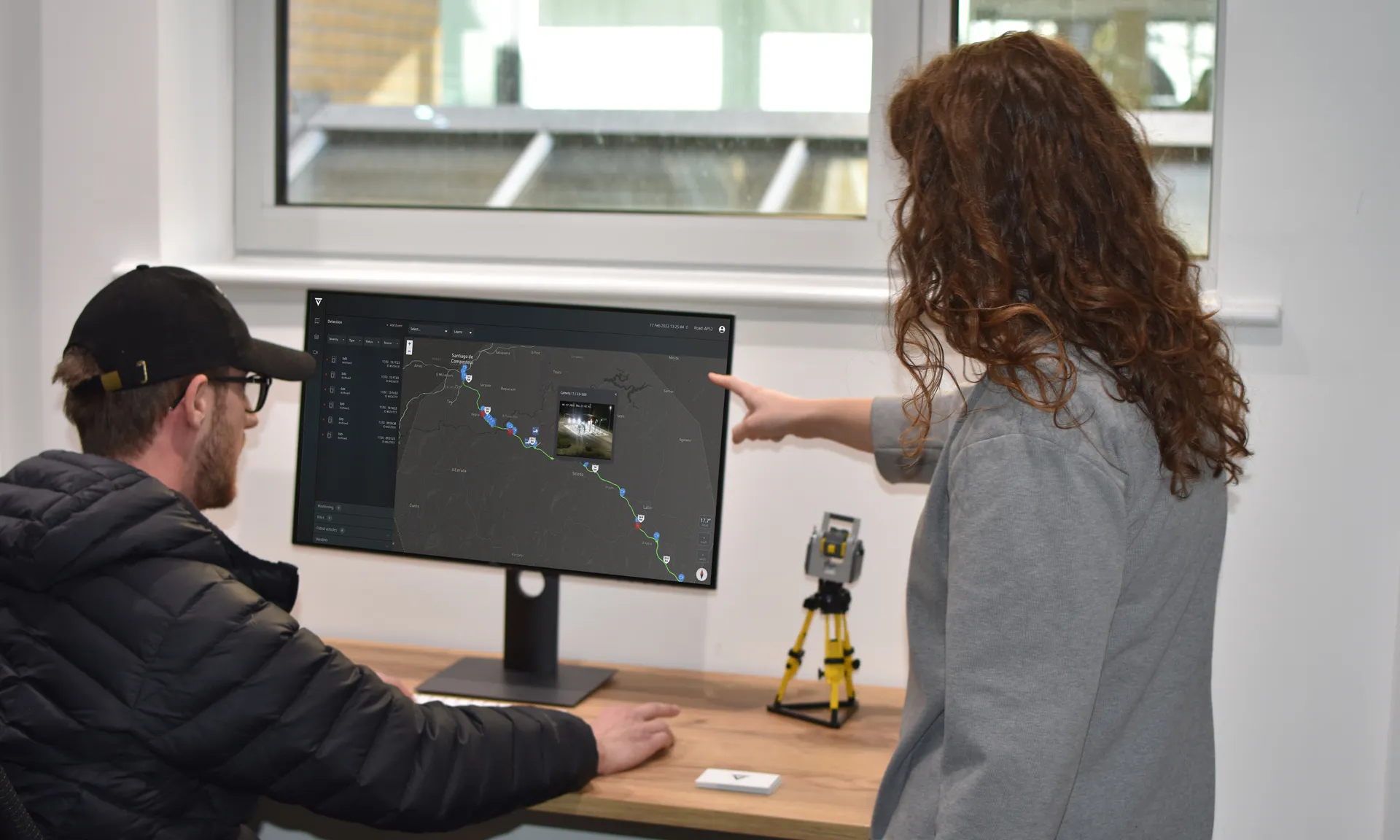Moscow is to test an intelligent transportation system (ITS) in the city in December 2013 in a bid to reduce traffic congestion. Around 3.2 million cars use Moscow’s roads daily, and officials hope the system will reduce traffic by more than 20 per cent.
The system, which is said to be designed for more efficient traffic management, will include ‘smart’ traffic lights to regulate traffic and information boards to advise motorists of less congested routes.
November 20, 2013
Read time: 1 min
Moscow is to test an intelligent transportation system (ITS) in the city in December 2013 in a bid to reduce traffic congestion. Around 3.2 million cars use Moscow’s roads daily, and officials hope the system will reduce traffic by more than 20 per cent.
The system, which is said to be designed for more efficient traffic management, will include ‘smart’ traffic lights to regulate traffic and information boards to advise motorists of less congested routes.









